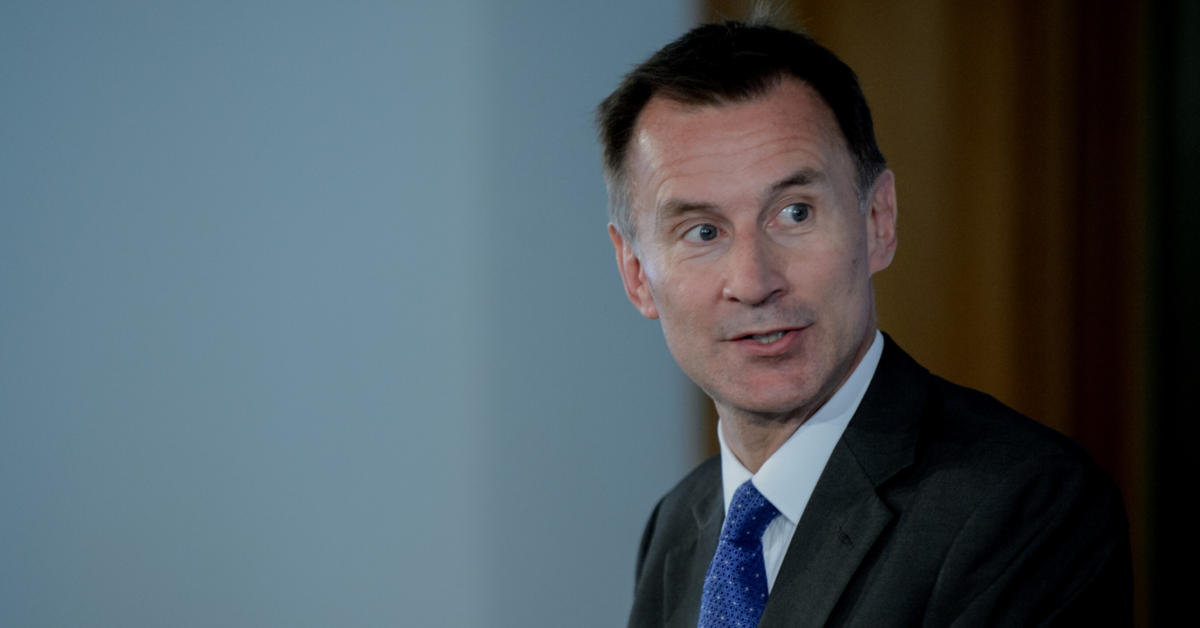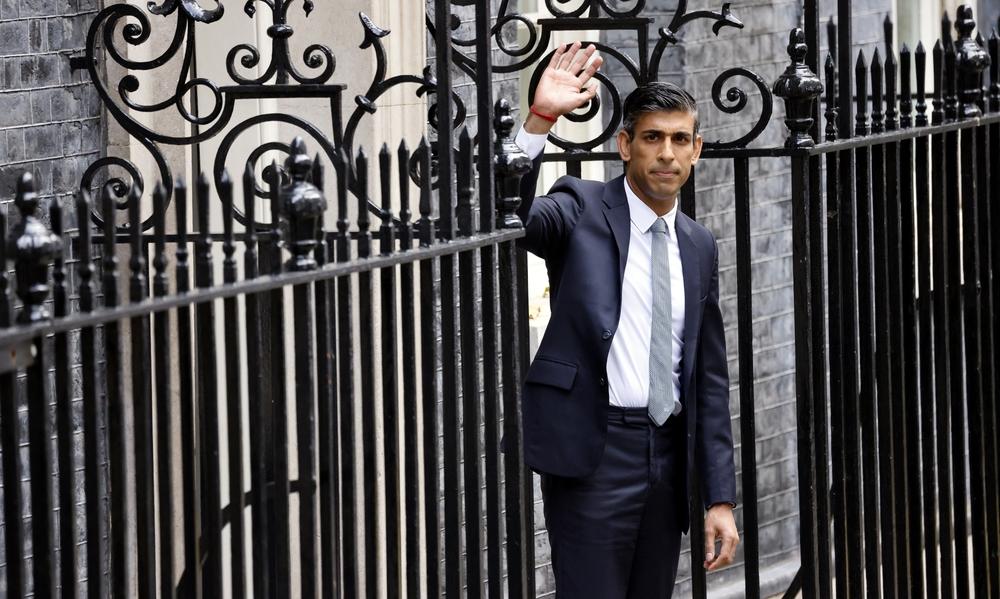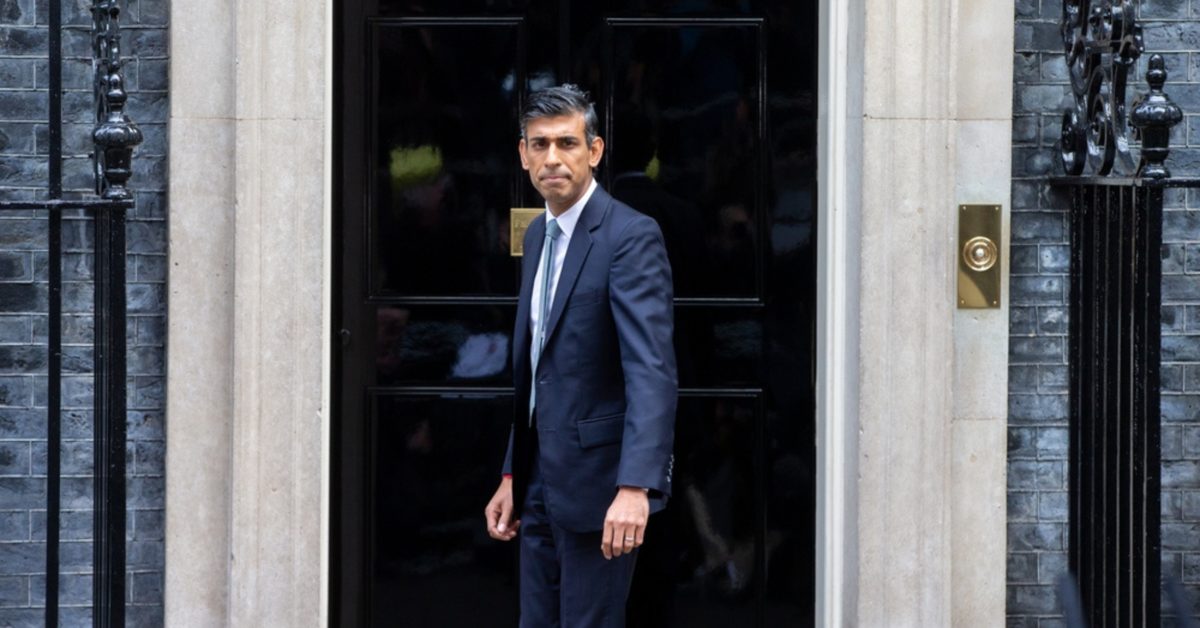Chancellor Jeremy Hunt delivered his Autumn Statement today following a turbulent few months in UK politics. The chain of events that led to this point was kicked off by Liz Truss’s chaotic ‘mini-budget’ which announced large tax cuts funded by borrowing. This unfunded spree led to turmoil in the financial markets, the cost of government borrowing soaring and the value of the pound plummeting. The political fallout led to the collapse of her government, with Rishi Sunak coming to power with a mandate from Conservative MPs to restore the Party’s economic credibility and the UK’s international standing.
Hunt has comprehensively rejected ‘Trussonomics’ and embarked on the largest fiscal consolidation within the last decade, setting the political narrative and arguments leading into the next General Election (likely to be in mid-to-late 2024).
Whilst not a formal budget, the Autumn Statement represented one of the most important economic events in the last few years. In order to address the black hole in the public finances, Hunt has brought forward measures that he described as ‘eye-watering’ and ‘difficult’ - forced to bring forward both tax rises and spending cuts, whilst attempting to insulate the least well off from the economic headwinds. Hunt’s stated focus will be on restoring stability, achieving growth and safeguarding public services.
Read our latest briefing for a full analysis of the Autumn Statement and the economic plans laid out within.



